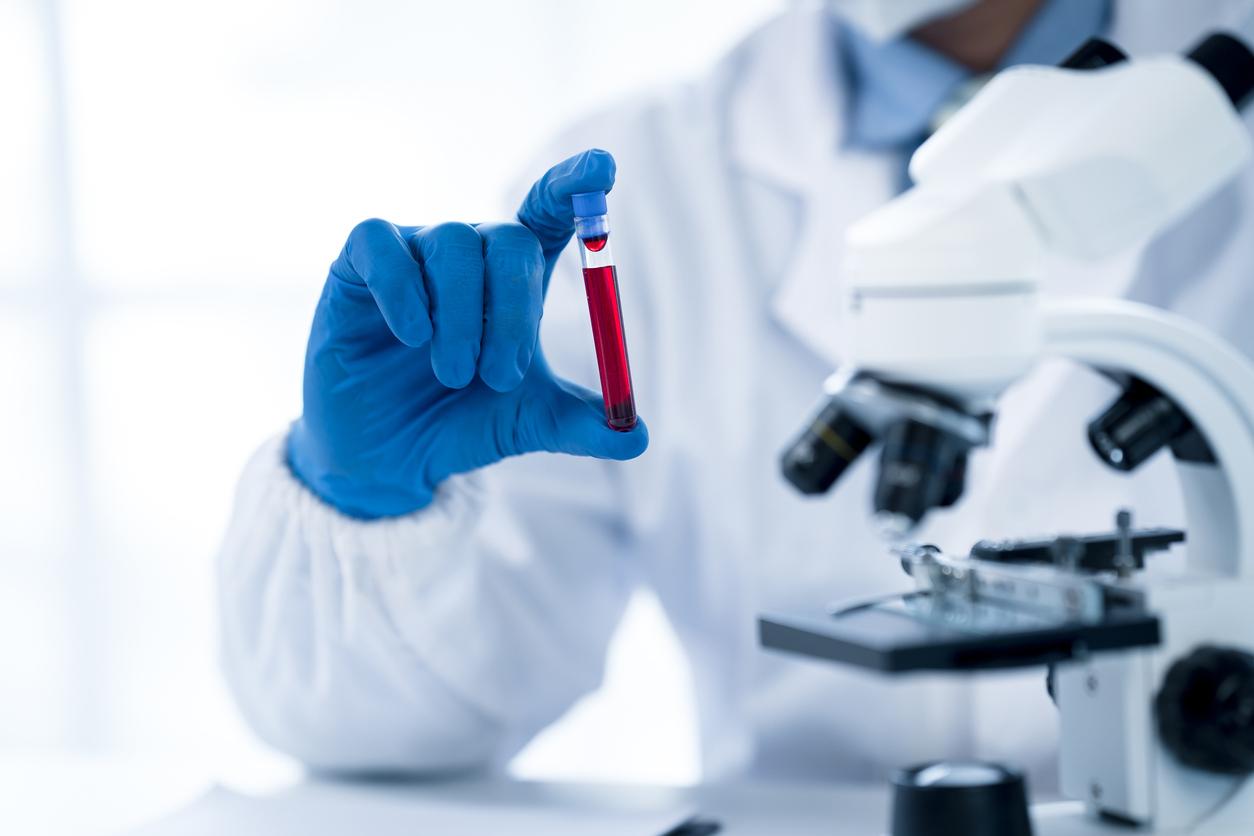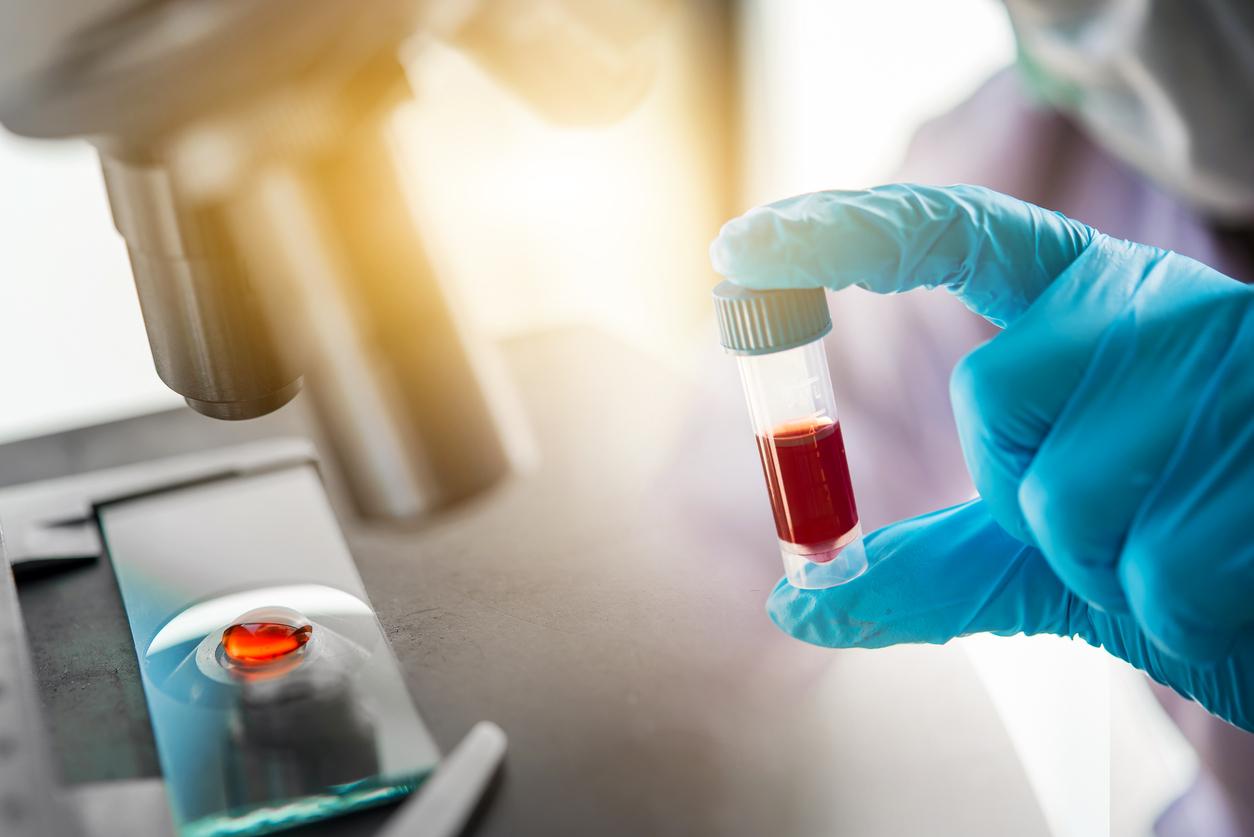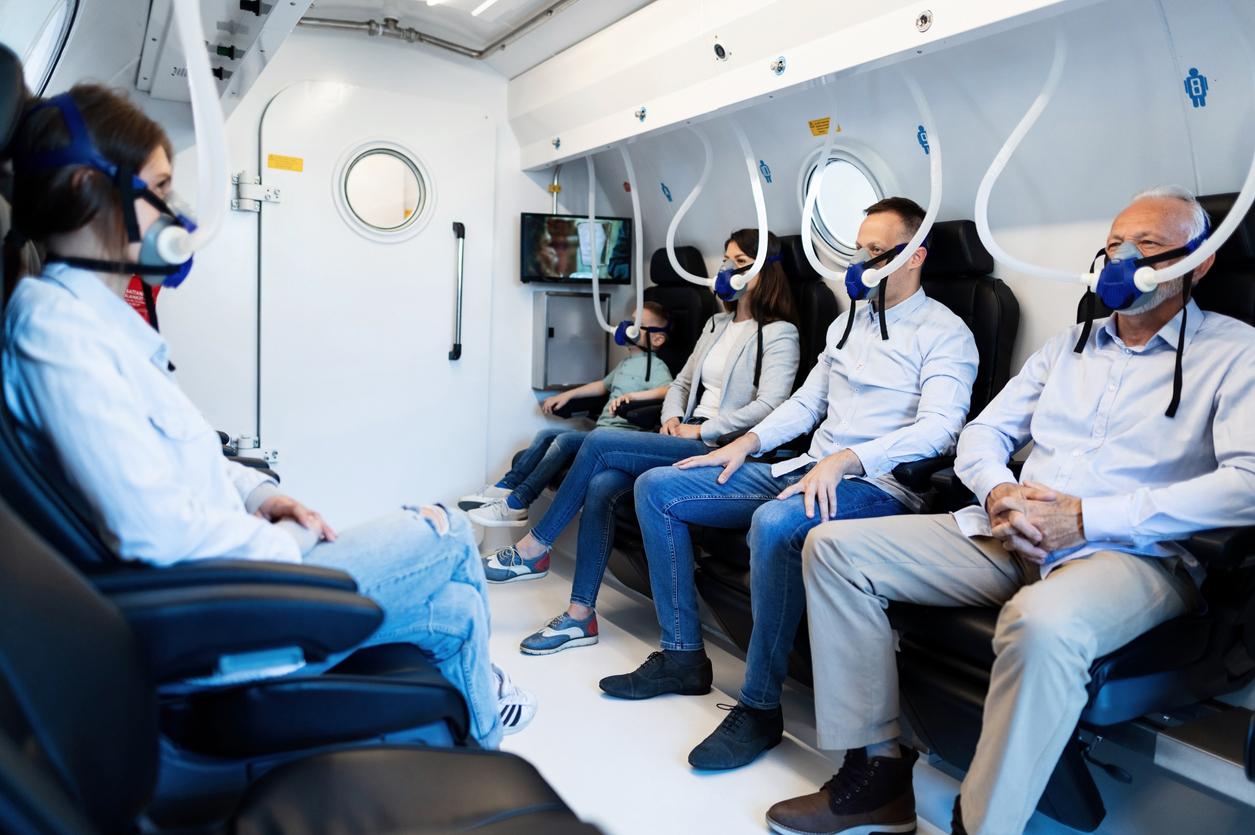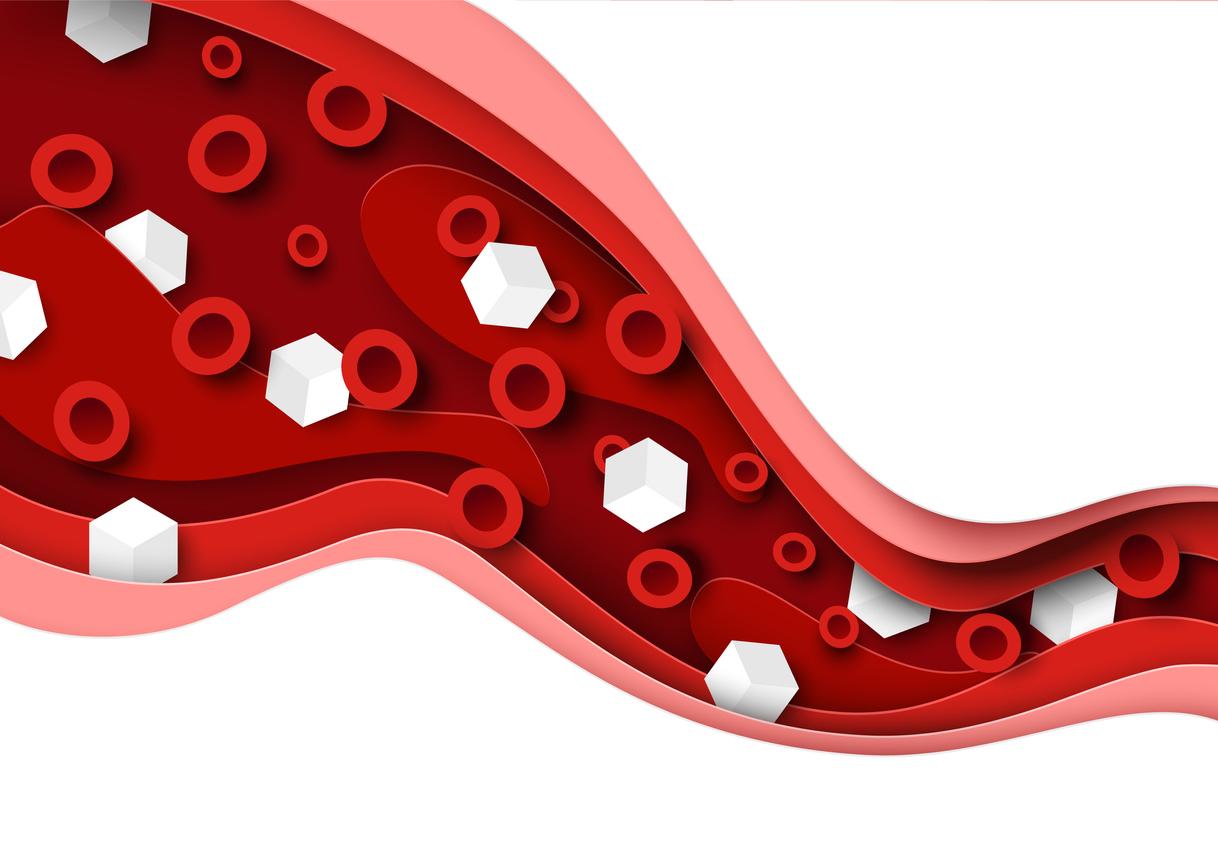Four biomarkers associated with post-traumatic stress disorder can be measured with a simple blood test, which could lead to better patient care.

- Four biomarkers, measurable with a blood test, are linked to post-traumatic stress disorder.
- They make it possible to identify people suffering from PTSD or at risk of developing it.
- Researchers say they could also help develop more effective treatments.
Post-traumatic stress disorder (PTSD) appears after the occurrence of a very traumatic event (accident, assault, military combat, natural disaster, etc.). According to’INSERM, 20% of cases become chronic. A study bringing together experts from several American establishments shows that people who suffer from it or who face a high risk of developing it, have specific levels of four biomarkers, present in the blood.
Post-traumatic stress: a link with biomarkers in the blood
The scientists wanted to determine if the biomarkers, already associated with stress, depression, anxiety and mental health disorders, also had a link with PTSD. They brought together more than 1,000 soldiers to measure 4 physiological characteristics identified as indicators of a biological process:
- glycolytic ratio: a measurement that shows how the body breaks down sugar to produce energy;
- arginine: an amino acid that plays a role in the immune and cardiovascular systems;
- serotonin: a chemical messenger that helps regulate mood, sleep and other functions;
- glutamate: a chemical messenger involved in learning and memory.
Blood samples from active duty soldiers were taken before their 10-month deployment, three days after their return and then three to six months after their return. Participants were also categorized based on whether or not they had signs of PTSD as well as their resilience.
The 4 biomarkers measured were compared to the diagnosis of a post-traumatic disorder or the degree of resilience of the patients. The results showed that people with PTSD or a mild form had a significantly higher glycolytic ratio and lower arginine than those with high resilience.
In addition, patients who had developed post-traumatic stress also had lower serotonin levels and higher glutamate levels than those without this disorder.
Biomarkers: tools for diagnosis and prevention of PTSD
The researchers revealed their papers at the annual seminar of the American Society for Biochemistry and Molecular Biology which took place from March 25 to 28, 2023 in Seattle.
According to them, their finding on the link between the four biomarkers and post-traumatic stress disorder could help predict which people face a high risk of PTSD, but also improve diagnostic accuracy.
“Better prediction or screening methods could help overcome the disorder by identifying people at high risk of developing PTSD and providing them with early intervention or prevention strategies. This could reduce the severity of symptoms or completely prevent development disorder”explained Stacy-Ann Miller, a researcher at the Walter Reed Army Institute of Research in Silver Spring, Maryland.
The head of the study also argued that this could lead to the “developing more targeted and effective treatments for PTSD or identifying specific subtypes of PTSD, which may respond differently to different treatments”.
However, further research on the identified biomarkers is needed to confirm their use in real settings.

















